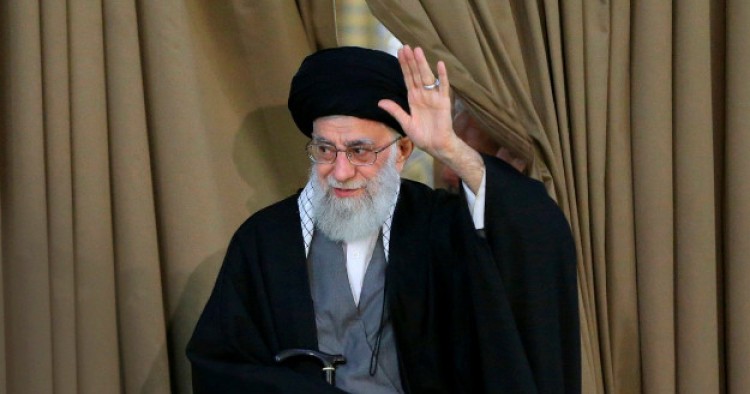The full article can be found at the Arabia Foundation
History will probably conclude that President Barack Obama took a gamble on the Islamic Republic of Iran and lost. “Yes, we can” was supposed to be a powerful antidote to all sorts of obstinate policy challenges. In the realm of foreign policy, the cold war between the United States and the Islamist ruling class in Tehran had perilously lingered since the Iranian Revolution of 1979. In the interim, thanks to the 2002 discovery of Iran’s nuclear ambitions, the Iranian question had been elevated to a US national security priority.
Obama’s pitch was simple: engaging with Tehran was the only way forward. And yet, in all of his laudable efforts, Obama failed to foresee another equally simple proposition: that the top echelons of power in Tehran had little desire to sincerely engage with Washington. Anti-Americanism was a pillar of the Islamic Republic’s ideology. Tehran wanted to keep it that way.
Misreading Khamenei
In his 2008 presidential campaign, Obama promised to turn the page and—unlike his predecessors—engage the leadership in Tehran directly. “The notion that somehow not talking to countries is punishment to them—which has been the guiding diplomatic principle of [the George W. Bush] administration—is ridiculous,” he said on the campaign trail.
Once in the White House, Obama set out to pursue “tough, direct presidential diplomacy with Iran without preconditions.” Obama’s national security team was clear-eyed about the division of power in Tehran and about who ultimately had the clout to deliver results on the Iranian side. In its overtures toward Tehran, the Obama White House ignored Iran’s vexatious president Mahmoud Ahmadinejad and aimed directly at Iran’s supreme leader, Ayatollah Ali Khamenei. But while Obama’s team got Iran’s power pyramid right, they woefully misread Khamenei.
The Middle East Institute (MEI) is an independent, non-partisan, non-for-profit, educational organization. It does not engage in advocacy and its scholars’ opinions are their own. MEI welcomes financial donations, but retains sole editorial control over its work and its publications reflect only the authors’ views. For a listing of MEI donors, please click here.













